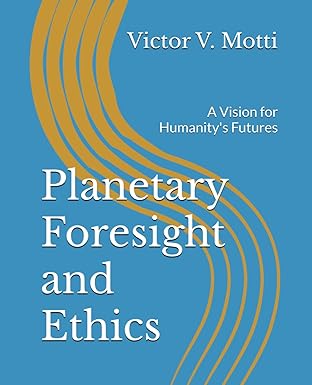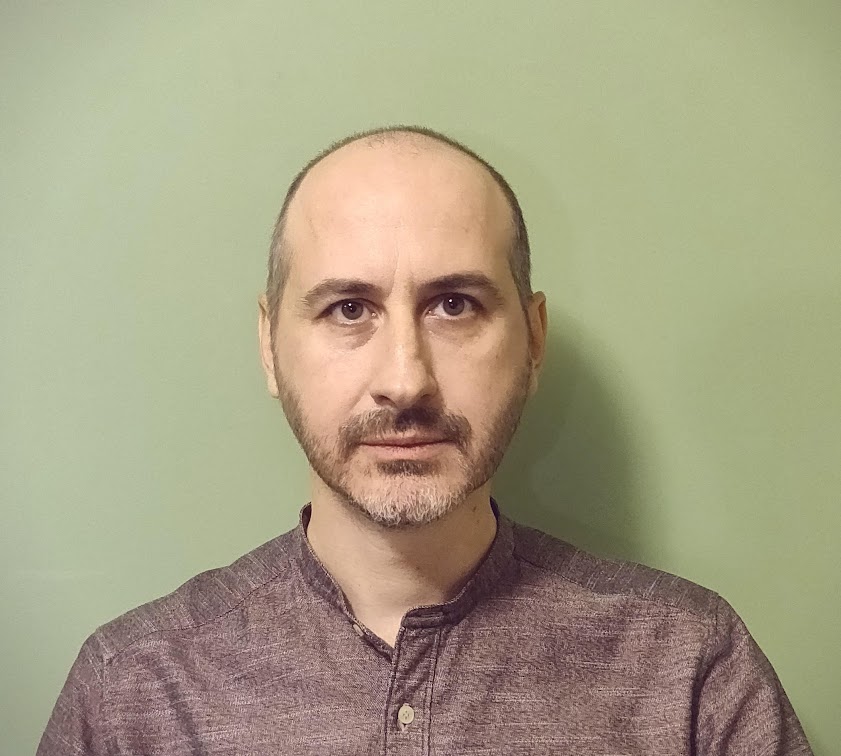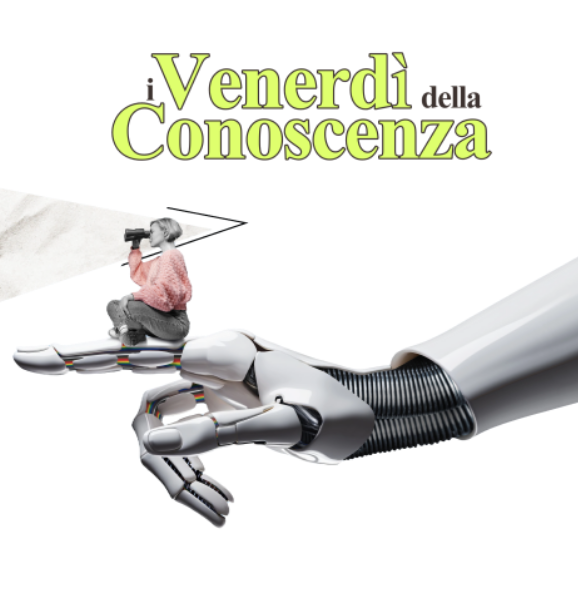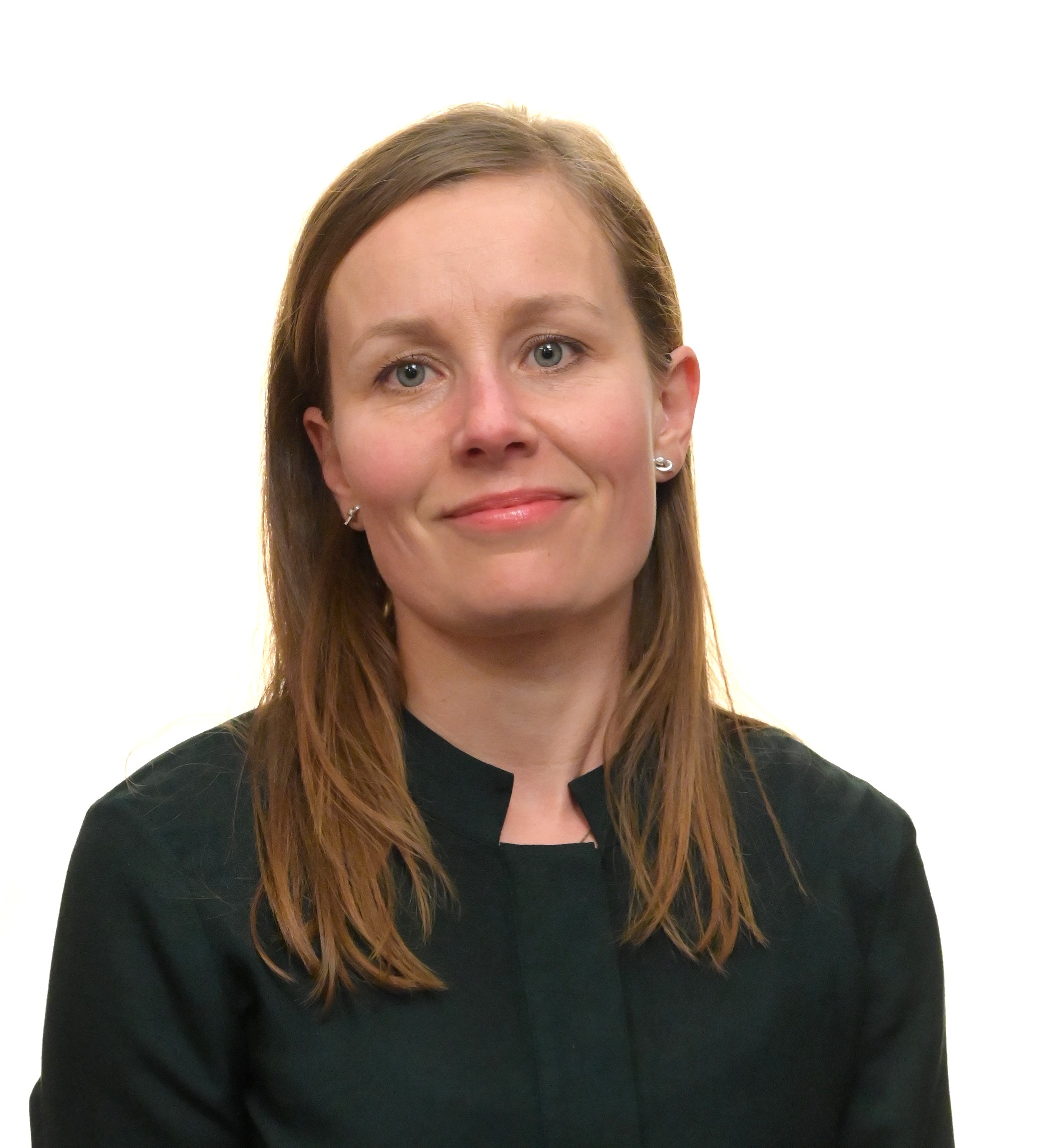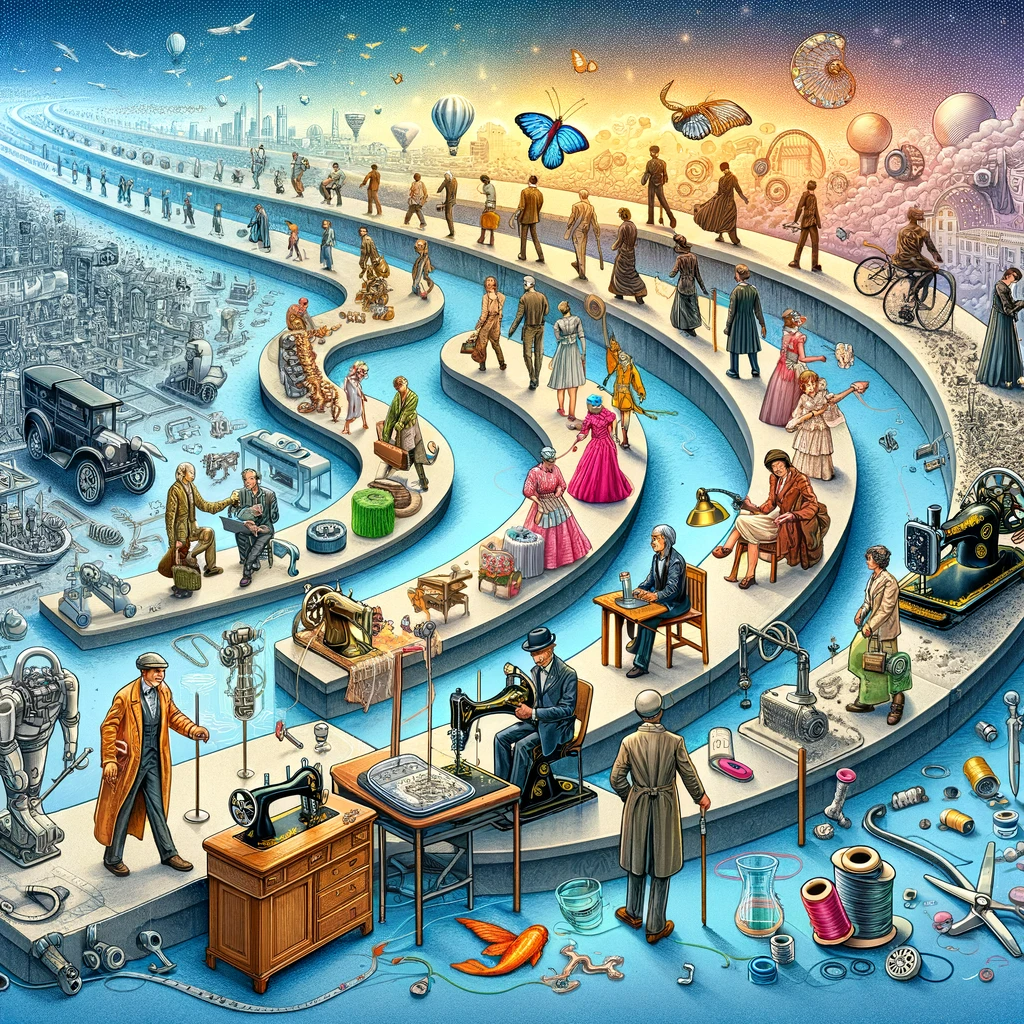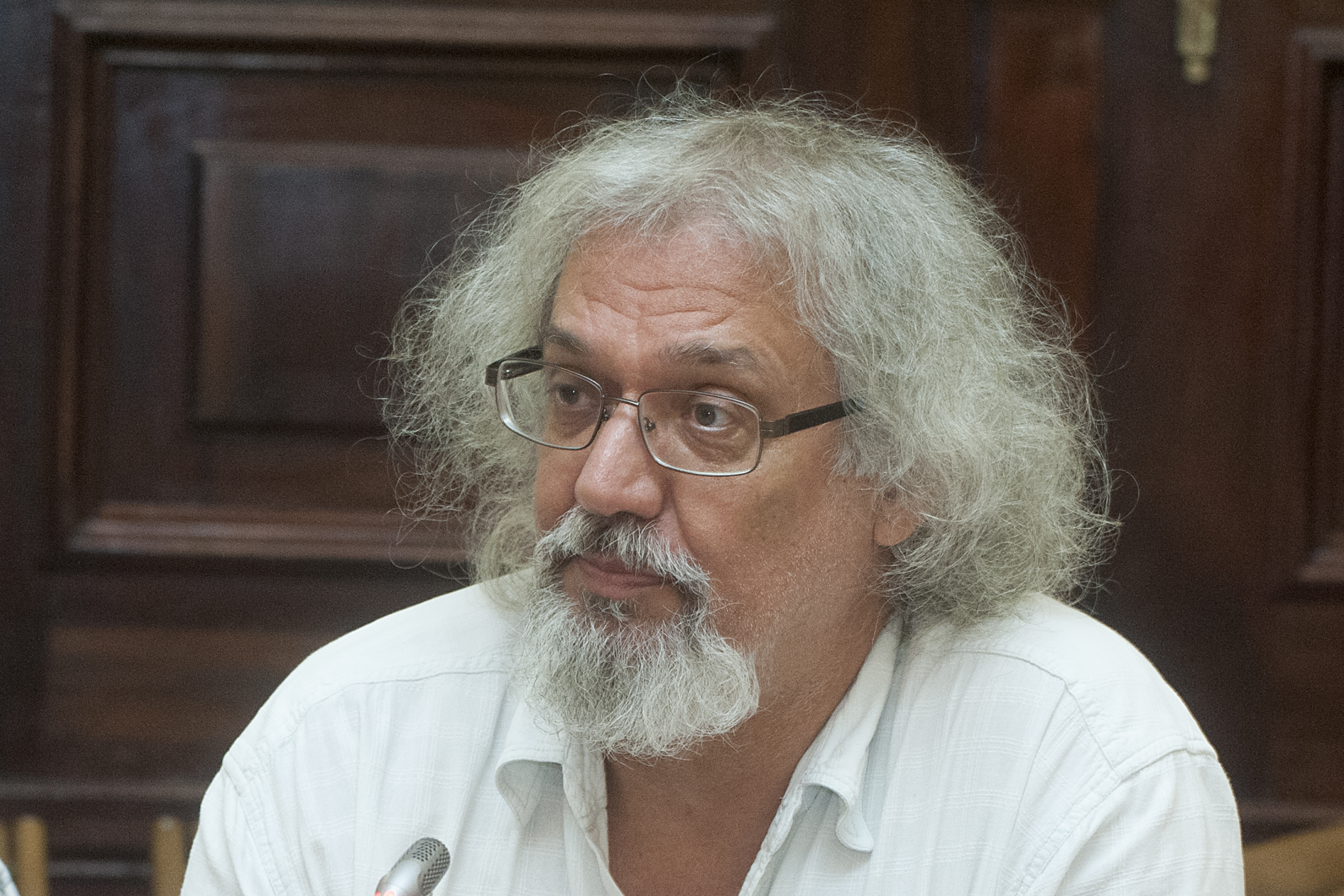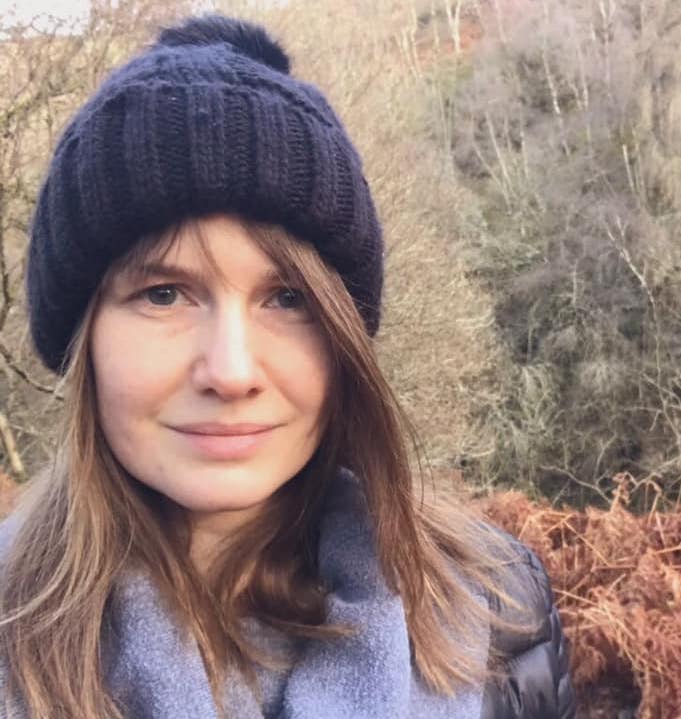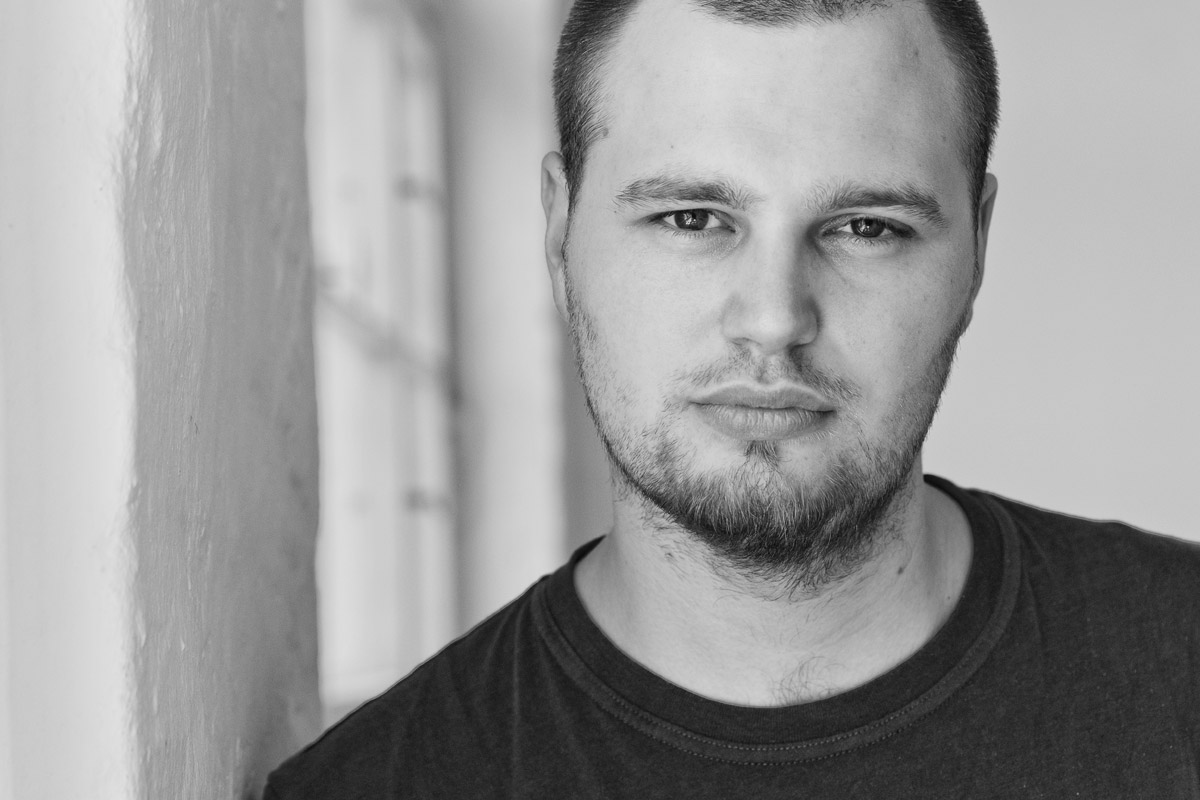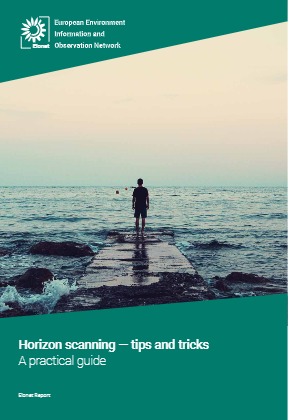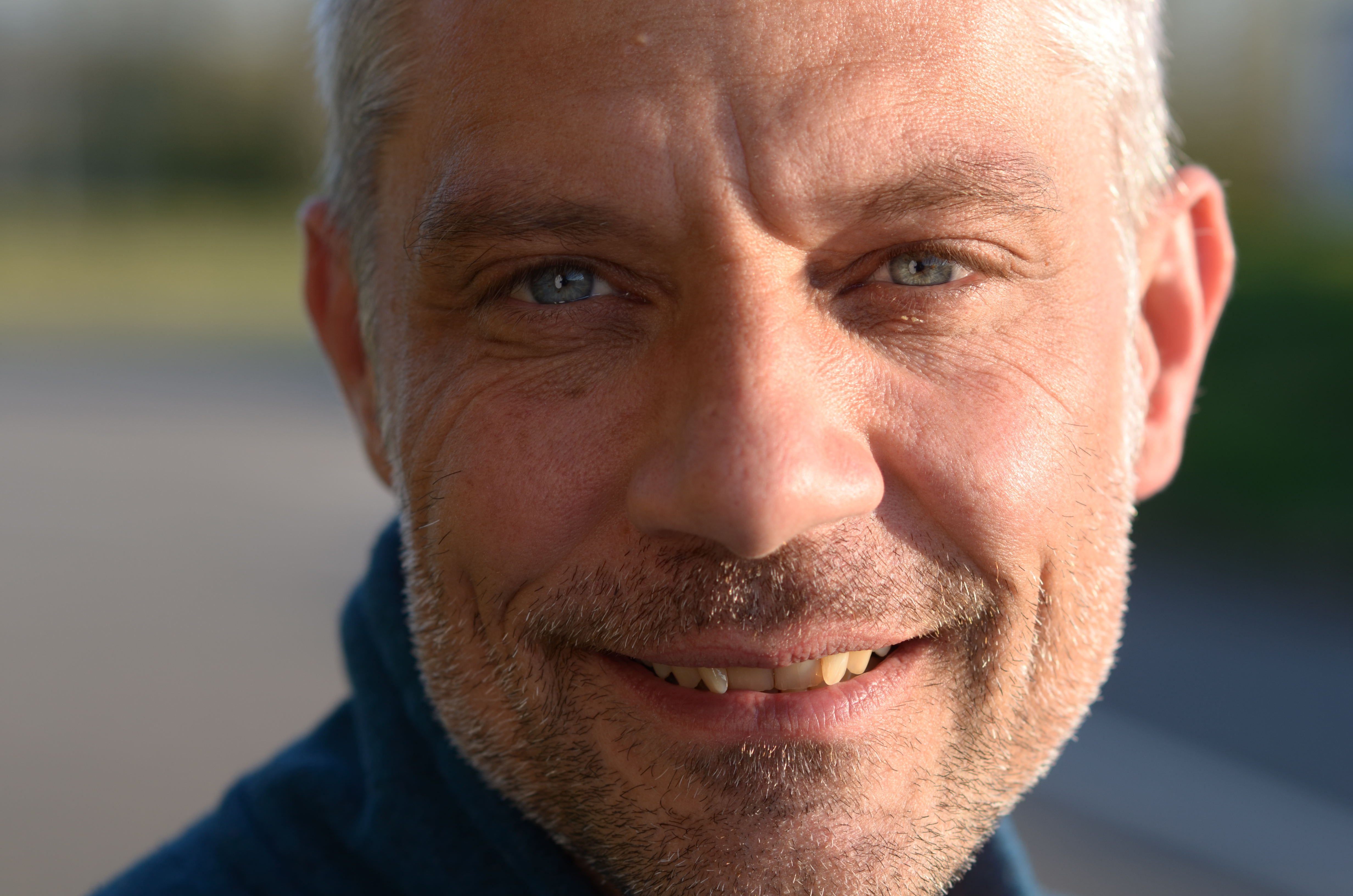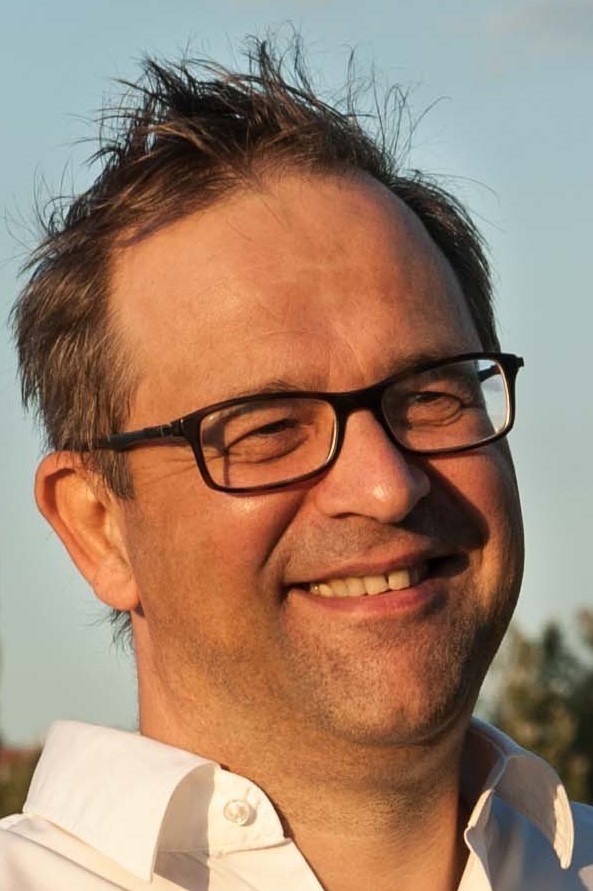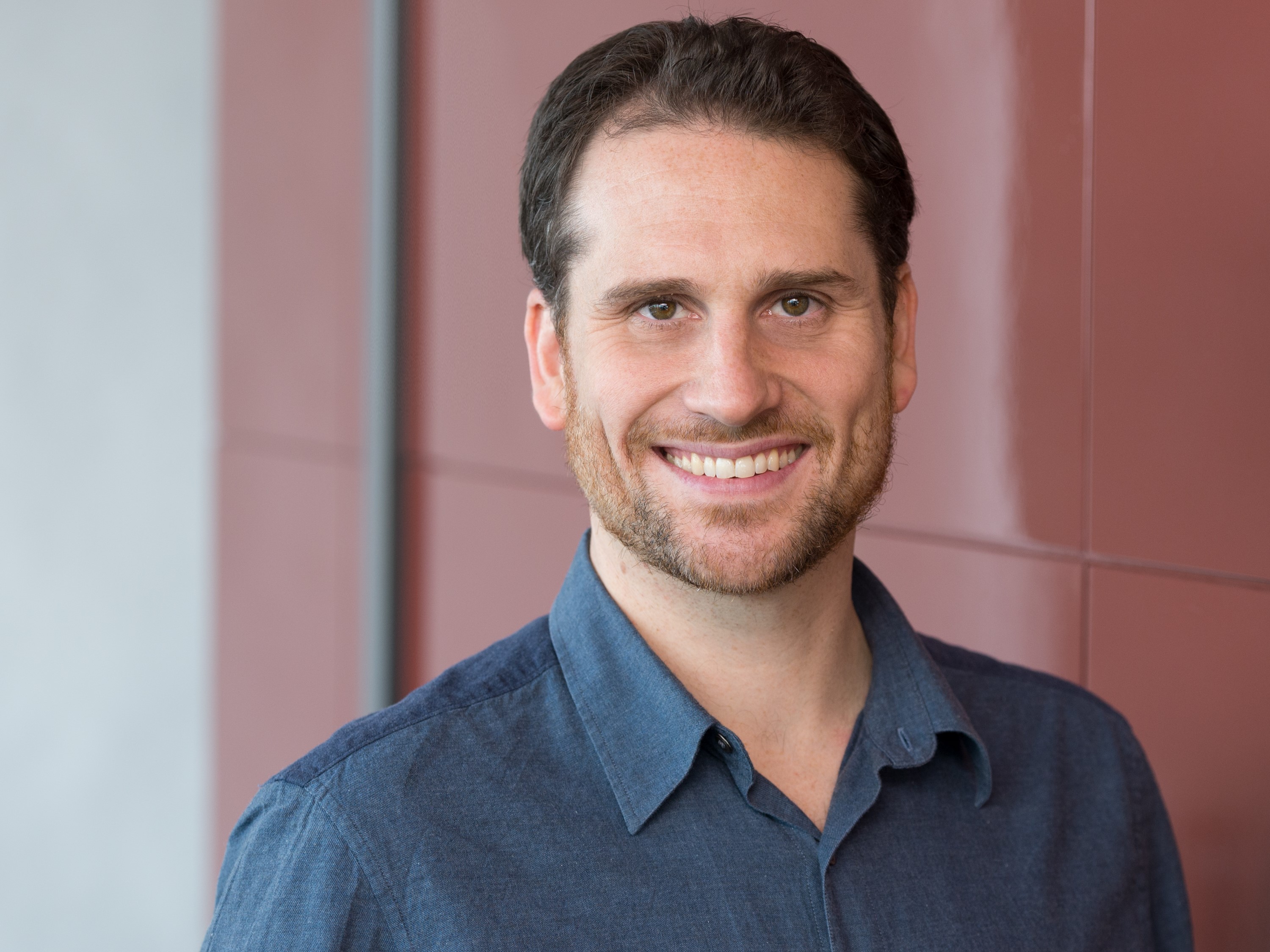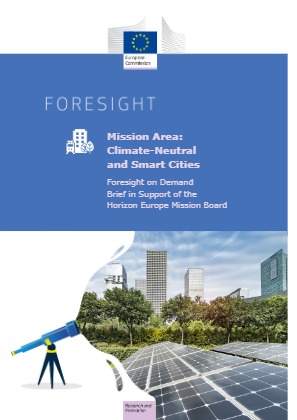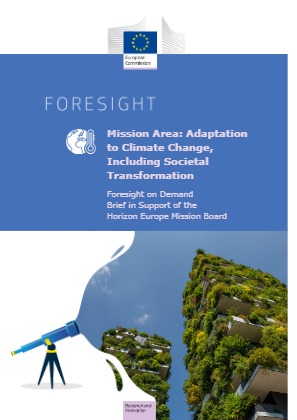What if fashion wasn’t just about what you wear—but about how you live, what you value, and where we’re all headed? That was the guiding question behind Future of Sustainable Fashion, an Eye of Europe pilot workshop hosted by Helenos Consulting on January 20, 2025, at Thessaloniki’s MOMus – Museum of Modern Art. Framed by the evocative Collective Threads exhibition by Anna Andreeva , the event invited participants to see fashion not just as style, but as a lens into the future—one that reflects our social values, ethical priorities, and growing environmental urgency. Through imagination and collaboration, citizens explored what the future of fashion might look like—and what it might reveal about the future of society itself.
From favorite Sweaters & Emotions to Fashion time travel!
The workshop kicked off with something disarmingly simple: “Draw your favourite fashion item”. But the answers ran deep. Whether it was a jacket from a loved one or a vintage find, the stories converged in common values: comfort, connection, ethics, culture, and identity. Clearly, fashion isn't just about looking good—it’s a mirror for our values and our times.
After getting to know each other better, the five participant groups dived into fashion’s evolution by completing a three-horizon timeline—mapping the past, present, and future of the industry. They reflected on the past as an era of craftsmanship and durability, when clothing was high-quality, handmade, and often a marker of social status. The present, they noted, sends mixed signals: while fashion today allows for greater self-expression and accessibility, it also fuels overconsumption, environmental harm, and rising interest in second-hand markets and eco-conscious alternatives. Looking to the future, participants expressed hope in a more sustainable, circular fashion economy, but voiced concerns about affordability of emerging innovations like smart textiles and the safety of personal data increasingly tied to wearable tech.
Imagine your future- design your clothes.
Using a card-based game and group creativity, citizens constructed new worlds. Sometimes dystopias, other times regenerative and closer to nature, groups marched with designing fashion items that would help them adapt (or at specific cases even survive) in these imaginary futures. The results revealed bigger concerns of participants: the environmental crises and their implications on health and on humankind survival, safety, and inclusivity.
Across artefacts, fashion transformed from mere aesthetics into something far more powerful: a survival and adaptability tool, a connector of people and nature. Technology showed up everywhere—smart fabrics, wearable sensors, nanotech—yet always framed by a strong desire to keep things human, ethical, and grounded.
Writing a Future’s Guide
At the heart of the workshop was the Fashion Futuring Wheel—a system-thinking roadmap that connected fashion to education, politics, ESG, design, communication, and more. Citizens called for green transition in manufacturing and distribution and inclusive design. They imagined a world where transparency and safety of personal data is the norm, where AI is integrated in our lives with respect to human rights, and where fashion educates as much as it beautifies.
More Than Fabric—A Force for the Future
This workshop wasn’t just a creative exercise—it was a glimpse of fashion’s potential as a tool for resilience, identity, and systemic change. In a time of climate anxiety and digital overload, citizens showed that they’re not only ready to adapt, but to actively participate in systemic changes —with empathy, ingenuity, and vision.
See the analytical results of the workshop here.














